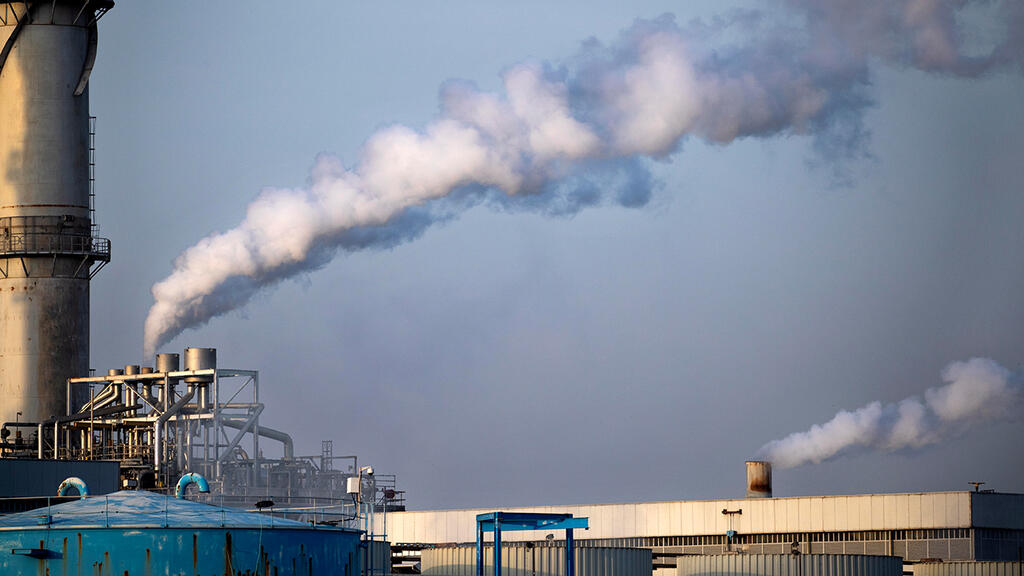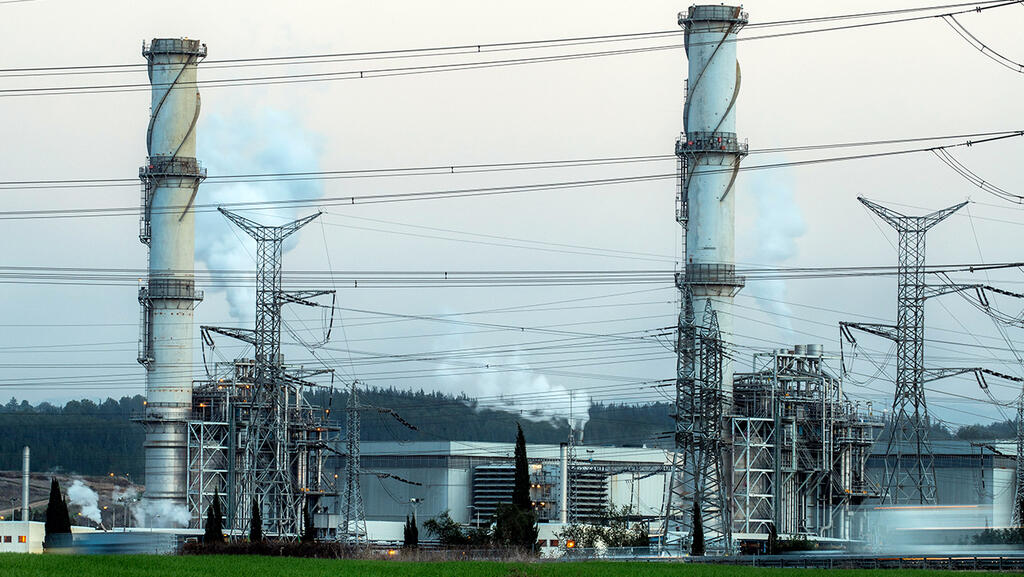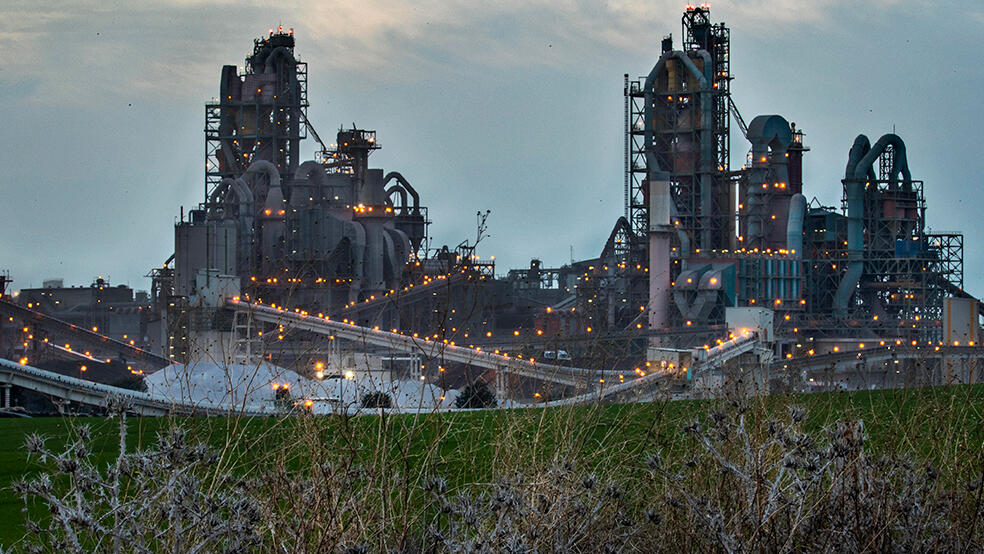Israel’s only producer of cement has been fined nearly $1.9 million for violations of the Clean Air Law, the Environmental Protection Ministry said earlier this week.
The 6 NIS million fine is for exceeding the permitted level of pollution on numerous occasions, including “exceeding the emissions values for particulates, mercury, and mercury compounds,” by Nesher Israel Cement Enterprises' main factory in the Ramla industrial zone during 2019-20, the ministry said.
Since July, 22 pollution violations have been measured near the factory.
The ministry added that it “has recently begun additional enforcement procedures against the factory and its managers.”
“The recent fine issued against the Nesher Ramla cement plant is a very welcome step forward. But it’s far from enough,” Knesset member Alon Tal, who was chairman of the Subcommittee on Environmental and Climate Impacts on Health in the outgoing parliament, said.
“Just a month ago the ministry issued a permit for seven years to the factory, notwithstanding its dubious record as a serial violator of Israel’s Clean Air Law. This makes absolutely no sense. At the very least, Israel needs to have the factory integrate the rapidly emerging technology for cement production,” continued Tal, who founded or co-founded several environmental organizations, including the Israel Union for Environmental Defense, or Adam Teva veDin; the Arava Institute for Environmental Studies; and Ecopeace: Friends of the Earth – Middle East.
Local activists living near the factory are not satisfied.
“The Environmental Protection Ministry confirmed that there’s an unusual rate of cancer, especially lung cancer, in Ramla and Lod,” said Benjamin Ruggill, leader of the citizen action group demanding clean air in the area of the Nesher plant and a member of Kibbutz Gezer, located about 3.5 miles from the factory.
“We want to have residents living by the factory checked for other lung diseases, to know exactly how bad the damage is,” he said.
While he was glad to hear of the enforcement steps, Ruggill was skeptical about their effectiveness. “The ministry has an estimate of the health damage done by the factory, and it stands at around $300 million a year. Meanwhile, [Nesher owner Len] Blavatnik is far away in London, and these minor fines don’t even tickle him,” Ruggill said.
Blavatnik, a British-American billionaire and philanthropist, is the controlling owner of Clal Industries, which owns Nesher. He also owns Israel’s Channel 13 and is known for his close ties to opposition leader Benjamin Netanyahu. Blavatnik‘s fortune is estimated at $35 billion.
“It’s an administrative procedure that is very significant. The fine imposed is unusually high for an environmental issue, and the fact that more enforcement procedures are ongoing is also important. It’s significant even for a factory this big because they now realize they are at risk of more fines in the future,” said Gidi Mazor, head of the central district in the Environmental Protection Ministry.
“The ties Blavatnik has are, from what I know, on the right side of the map. During the time Likud was in control and Netanyahu was prime minister, nothing happened with the factory: no regulation and no enforcement, and no fines,” said Ruggill.
Mazor denied that the enforcement effort is something new.
“I have been in this role since 2008 and the Nesher factory has been keeping us busy ever since. We realize how anxious it makes people around it and make every effort to monitor and prevent air pollution, regardless of who is the current minister,” he said.
Tal also rejected allegations of slow enforcement due to Blavatnik’s connections.
“I might have some criticism, but in every interaction I had with the Ministry of Environmental Protection I found that people were very eager to help and try to improve the situation,” he said
Ruggill also had criticism for the current minister, Tamar Zandberg from the left-wing Meretz party, who entered the post in June 2021.
“Unfortunately, the new minister has not been very involved. We invited her to the area and updated her on anything that we monitored. She never helped us directly,” he said.
Ruggill has his own theories as to why the ministry is supposedly not too keen to stop the pollution from Nesher Ramla.
“Zandberg’s ministry is in a conflict of interest. On one hand, they want to say they got rid of mass amounts of garbage, so they bring them to burn in the factory. On the other hand, it’s the most polluting private-sector factory in Israel, and it’s located in the center of population, affecting millions of people,” he said.
“It’s a matter of environmental justice. This only could have happened in Ramla and Lod, where the population is weaker from the social-economic perspective,” Ruggill said.
The story is written by Adi Koplewitz and reprinted with permission from The Media Line




